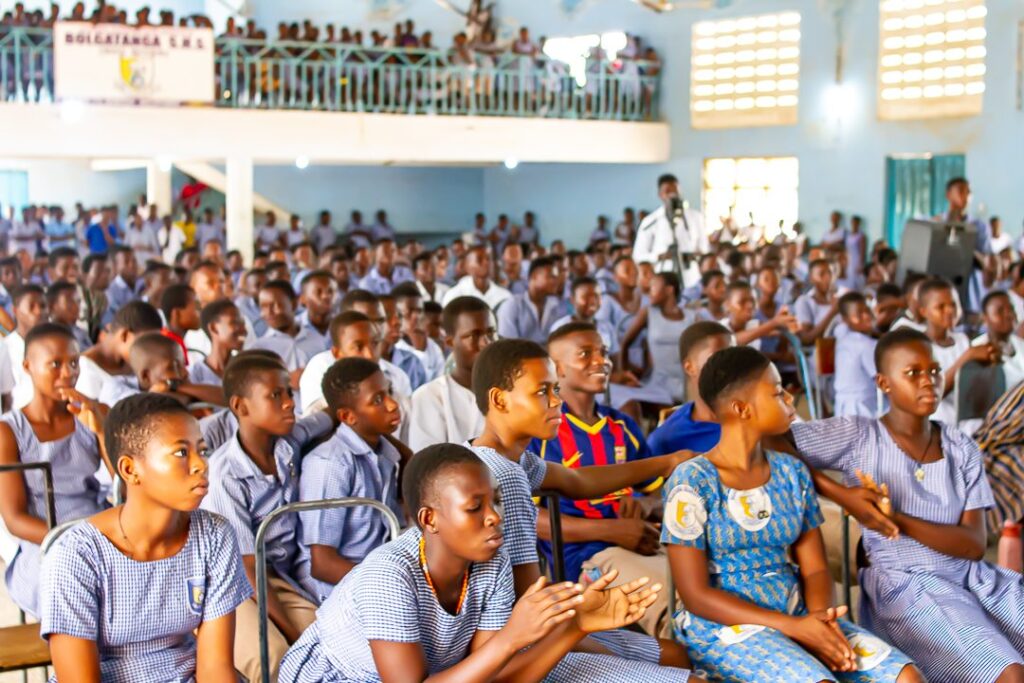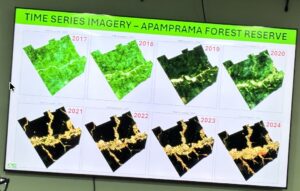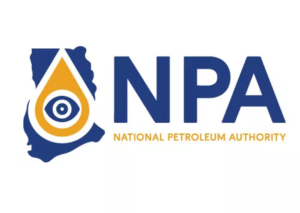
The government has taken a significant step toward fulfilling its long-standing commitment to expand the Free Senior High School (Free SHS) policy to include private institutions, a move aimed at addressing overcrowding in public schools and broadening access to quality education.
Through the Ghana National Council of Private Schools (GNACOPS), the government has announced plans to enrol 150,000 students in private SHSs as part of an initiative that aligns with its promise to make secondary education more inclusive and equitable.
Bridging the Access Gap
The policy shift marks a major milestone in Ghana’s education reform agenda. Since the introduction of Free SHS, the overwhelming demand for placement in public schools has strained infrastructure and resources, leading to persistent overcrowding. The government’s decision to integrate private schools into the system represents a pragmatic response to these challenges.
Speaking on the initiative, GNACOPS Executive Director, Obenfo Nana Kwesi Gyetua, confirmed that engagements with private school operators are well advanced, with a dedicated committee working to finalise student placements, funding mechanisms, and implementation logistics.
“The government has long recognised the need to bring private schools into the Free SHS fold, and this latest development is proof of its commitment to ensuring every eligible student has access to quality secondary education,” he stated.
Implementation Framework
To ensure a structured rollout, the government has outlined a framework that will assign students to both day and boarding schools among 168 private SHSs currently in operation.
Financial arrangements have also been carefully considered, with state-backed funding set to cover tuition and other essential costs. Private schools will be required to meet specific eligibility criteria to participate in the programme, ensuring that standards remain consistent with public sector benchmarks.
“The government has assured us that funding allocations will be transparent and equitable, ensuring that students in private schools receive the same level of support as their peers in public institutions,” Gyetua emphasised.
Education Sector Reforms in Motion
This expansion reflects a broader effort to reform Ghana’s secondary education system, ensuring that both public and private institutions contribute to national development goals.
While stakeholders have welcomed the move, concerns remain about quality control, regulatory oversight, and long-term financial sustainability. Analysts stress that rigorous monitoring and collaboration between the Ministry of Education, GNACOPS, and school administrators will be essential to maintaining academic standards and preventing potential funding disparities.
Despite these challenges, the initiative is widely seen as a transformative step that validates the government’s policy direction and reinforces its commitment to strengthening education infrastructure.
“Expanding Free SHS to private schools is not just about easing congestion; it is about ensuring that no child is denied quality education due to capacity constraints,” Gyetua reiterated.
As the government prepares for full implementation, the focus will be on ensuring a seamless transition, with all stakeholders working collaboratively to realise the vision of universal secondary education in Ghana. If executed effectively, this initiative could reshape the country’s education landscape, setting a new precedent for public-private partnerships in the education sector.






